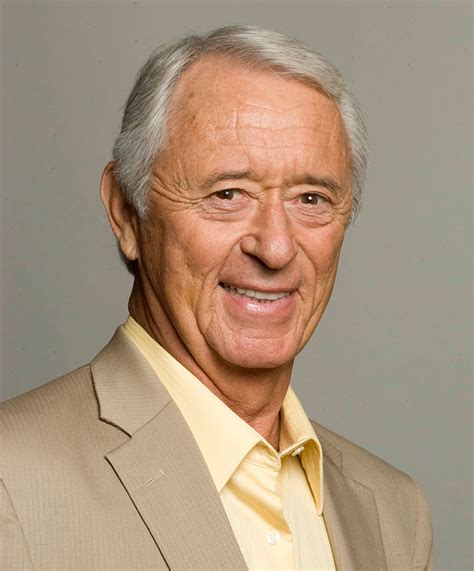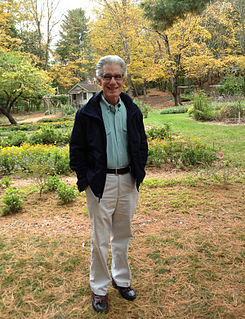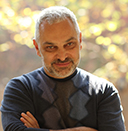Цитата Криса Прентисса
В основе зависимости каждого человека всегда лежит боль. Обнаружение боли и исцеление от нее — важный шаг на пути к прекращению зависимости.
Темы цитат
Связанные цитаты
Один из важнейших жизненных уроков — научиться независимости, понять свободу. Это означает независимость от привязанностей, от результатов, от мнений и от ожиданий. Разрыв привязанностей ведет к свободе, но разрыв привязанностей не означает отказ от любящих и значимых отношений, отношений, которые питают вашу душу. Это означает прекращение зависимости от любого человека или вещи. Любовь никогда не бывает зависимостью.
Смотреть в лицо тьме, признавать боль, позволять боли быть болью никогда не бывает легко. Вот почему мужество — великодушие — самая важная добродетель в духовном путешествии. Но если мы не позволим боли быть болью — а вся наша патриархальная культура отказывается допустить это — тогда боль будет преследовать нас кошмарными способами. Мы станем жертвами боли, а не целителями, которыми могли бы стать.
Любая зависимость возникает из-за бессознательного отказа столкнуться со своей болью и пройти через нее. Любая зависимость начинается с боли и заканчивается болью. К какому бы веществу вы ни пристрастились — алкоголю, еде, легальным или нелегальным наркотикам или человеку — вы используете что-то или кого-то, чтобы скрыть свою боль.
Но боль может быть подарком для нас. Помните, в конце концов, что боль — это один из способов запечатлеть в памяти то, что исчезает, что уносится. Мы навсегда фиксируем их в своем уме тоской, болью, воплем. Боль, боль, которая кажется невыносимой в то время, есть первый запечатлевающий шаг памяти, краеугольный камень храма, который мы возводим внутри себя в память об умерших. Боль — часть памяти, а память — дар Божий.


































